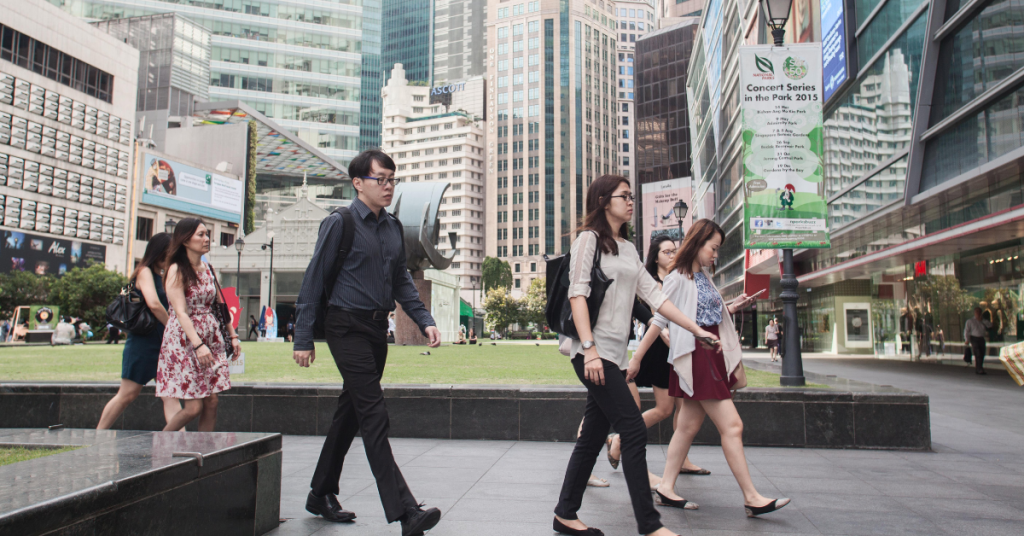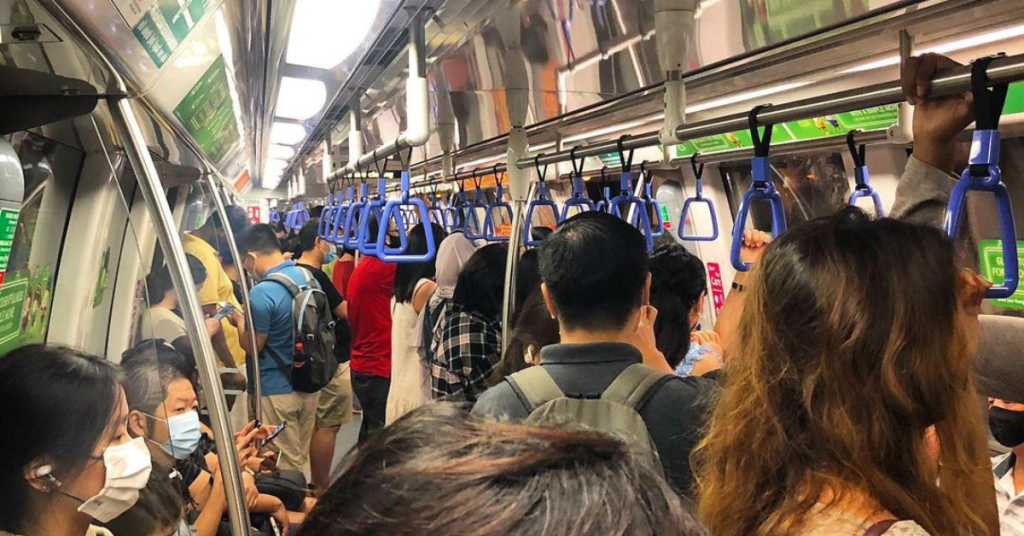If you’re not caught up with the news yet, close to half of Singapore residents say financial freedom isn’t a possibility.
Specifically, four out of 10 Singapore consumers surveyed believe they’ll never achieve financial freedom based on their current trajectory.
This is based on Singlife’s Financial Freedom Index 2024 that was just released two days ago (August 26, 2024).
The survey was conducted between April and June among 3,000 Singaporeans and Permanent Residents (PRs) aged 18 to 65. Those aged between 35 to 44 find it most difficult to attain financial freedom.
Financial freedom in this context refers to several factors, including the choice to stop working or retire whenever you want to, having more than enough funds to spend on wants and needs, and being able to maintain your current lifestyle in the event of unexpected circumstances in the next 12 months.
The key roadblocks identified by the survey respondents are:
- Insufficient income (53%)
- Job insecurity (32%)
Those polled said they are most stressed about inflation, not having enough savings for retirement, and having to pay for medical expenses.
All of these are valid points, but let’s break them down even further.
Culprit 1: Insufficient income
The Monetary Authority of Singapore (MAS) reported in April that inflation has edged up due to the step-up in the GST rate, higher electricity and gas tariffs from the carbon tax hike, as well as increases in essential services fees.
In January this year, The Straits Times shared that the headline inflation of 3.6% was still well above the 2010 to 2019 average of 1.7%. On the other hand, core inflation was at 3.2%. This is much higher than the 1.5% average over the nine-year period.

According to SmartWealth (a Singapore-based financial planning platform) in March 2024, the estimated monthly cost of living in Singapore is S$2,560. If you’re married or have children, the numbers are likely to be much higher. Some people on Reddit even debated last year that you actually need at least S$3,000 to S$4,000 to live comfortably.
Yet, the Singapore Department of Statistics reported that the personal saving rate has dropped to 28.8% from 36.2% in the previous quarter. Personal disposable income has also been slowing down since then, which indicates that pockets are tight.
All of these combined seem to point to not making enough money, AKA wages not being able to meet the daily cost of living.
This also ties back to some of the other key factors respondents cited:
- Unforeseen expenses (38%), such as personal or health circumstances
- Debt repayment burdens (28%)
If you have enough income, it’s safe to predict that none of the above would really cause much concern. This leads us to the next concern…

Culprit 2: Job insecurity
On top of insufficient income, another worry that Singapore residents have is employment stability.
Such concern arose following a sharp increase in retrenchments in Singapore, which more than doubled from 6,440 in 2022 to 14,320 in 2023. This is according to a report by the Ministry of Manpower.
At the same time, news of layoffs happening around the world have also dampened the spirits of the people. Even local ecommerce brand Lazada had multiple rounds of layoffs just earlier this year.
Based on the data shared on Layoffs.fyi, the trend of companies laying off employees has been fluctuating throughout 2024.
Economic volatility and rapid technological advancements have made employees recognise that job security is becoming more and more elusive. The National Trades Union Congress (NTUC) found that 47% of 185 employees they surveyed recognised such trends would create more job displacements.
And it’s not unique to just this year. Based on online reports that we’ve found, job insecurity has been one of the top issues that have been worrying Singapore residents for years.

It wasn’t as big of a concern pre-pandemic. But the economic changes that happened during and after the pandemic period intensified the feelings of distress much more.
So…what do we do about it?
There’s no one clear answer on how you can achieve financial freedom, and I am by no means a financial or economic guru.
But we did find some tips to overcome the top two “culprits” that the survey’s respondents pointed out.
Some inflations hacks shared by Singlife are:
- Invest your earnings for passive income
- Use water efficiently and milk discounts on utility bills
- Reduce your unnecessary expenses whenever possible
- Barter trade with family and friends before shopping
As for job insecurity, the biggest advice is to continuously upskill. You could do this by taking up courses on your own or requesting training from management. The latter is highly encouraged by Singapore National Employers Federation (SNEF) towards businesses to remain market competitive amid disruptions.
Will doing these help Singapore residents to achieve financial freedom? Maybe, or maybe not.
Though, it’s better to shoot for the stars and land on the moon than to stay as is without putting in the effort to change.
- Read other articles we’ve written about Singaporean startups here.
Also Read: Think you have a winning company culture? Get awarded & recognised by TalentCorp Malaysia.
Featured Image Credit: Fred To The J via Instagram










